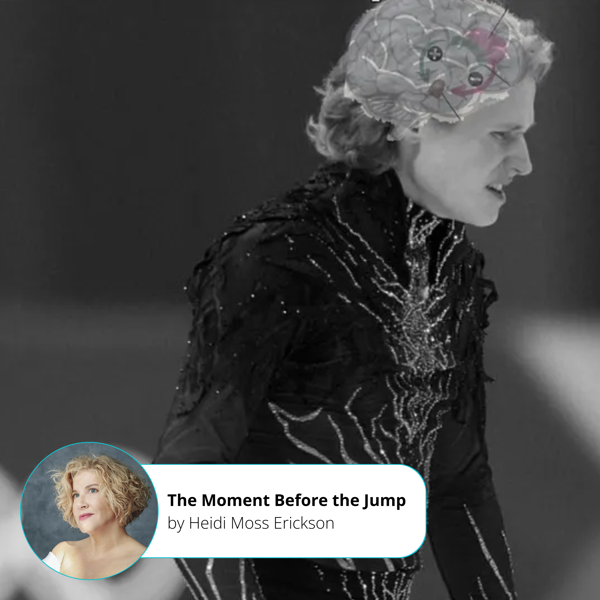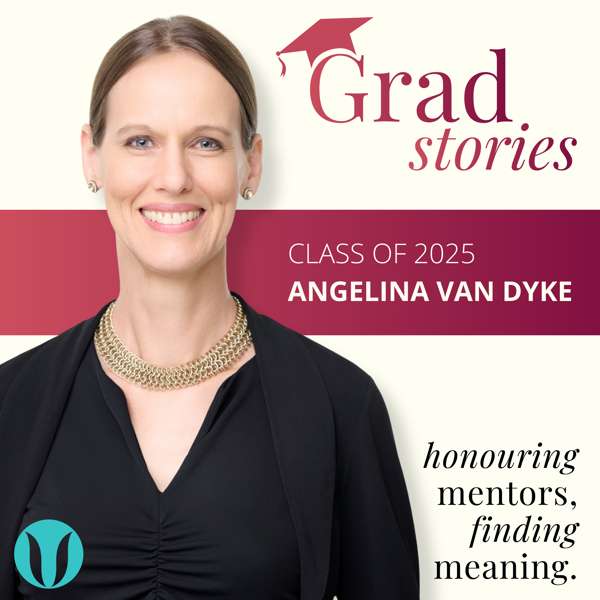We’re eager to share this candid reflection from alumna May Oskan, written after attending our recent course with Jessica Luffey: Tongue Tie—The Hidden Limitation Destroying Singers’ Technique, Progress, and Potential.
May joined the course hoping to gain insights for her students—but what she discovered struck much closer to home. Her story is relatable and especially relevant for singers and teachers facing persistent or unexplained vocal challenges.
Sometimes, the most powerful breakthroughs happen when we least expect them!
May's Story
Just when you think you really know a thing, it turns itself inside-out and transforms before your eyes. I got a hell of a surprise today.
A little background.
I have a master's in voice pedagogy with an emphasis in evidence-informed practice. Before I taught voice, I was a massage therapist specializing in orthopedic rehabilitation. Safe to assume I know a thing or two about bodies and voices, and consider myself fairly self-aware and capable of self-assessment in these realms.
But lately I've been a little mystified. Falling in love with jazz inspired me to practice more consistently than I probably ever have before, but unfamiliar vocal problems have started popping up. Tension and pain in my neck and jaw, an inability to keep my larynx low, and a lack of volume, especially in my upper range. Most annoyingly, an intense fatigue that comes on suddenly and can last for days. This past weekend I sang two-hour gigs on both Friday and Sunday, and by Sunday afternoon I could feel my voice shutting down like a fire door.
Fortunately, inspired by an amazing lecture I attended Thursday, I booked a consultation with a myology specialist this morning and. It turns out. I have a tongue tie!
WHAT?!
There I was, thinking I was attending this course for the benefit of future students, when the call was really coming from inside the house.
Part of me is intensely embarrassed that I didn't notice, but the rest of me is laughing -- after all, I DID write my first grad school paper about the lack of useful tongue physiology information in voice pedagogy literature. I, like most voice teachers I know, had the diagnostic criteria for this super common situation COMPLETELY wrong.
So there it is. I guess the lesson is, never assume you're done learning. And when you're wrong, don't be afraid to stick your tongue out at yourself (to the best of your ability, of course).

May Oskan
May Oskan teaches voice, musicianship, and songwriting from her private studio in Oakland, California and has designed curriculum and workshops for several other vocal studios as well...






